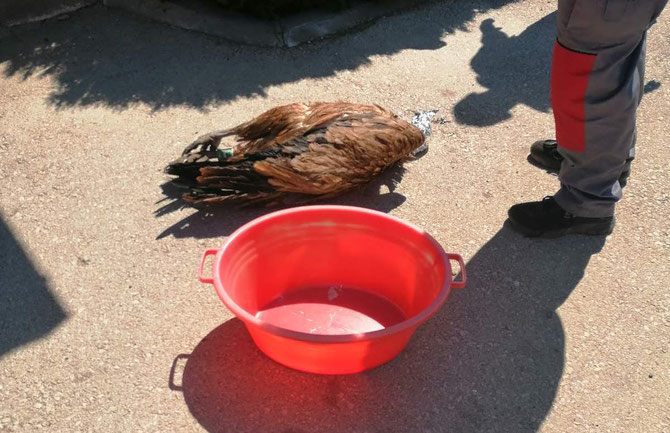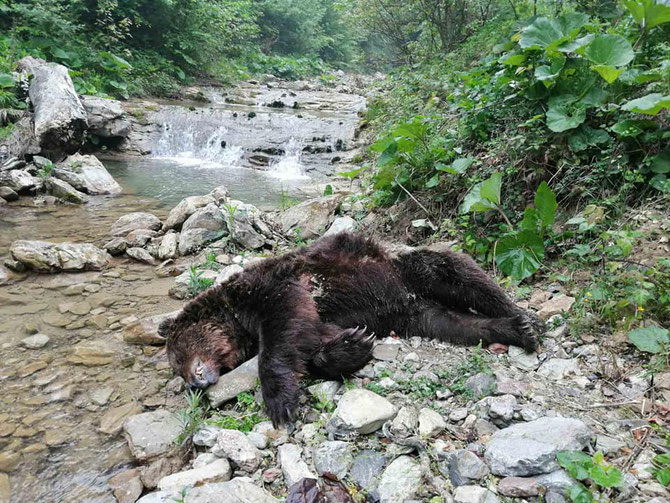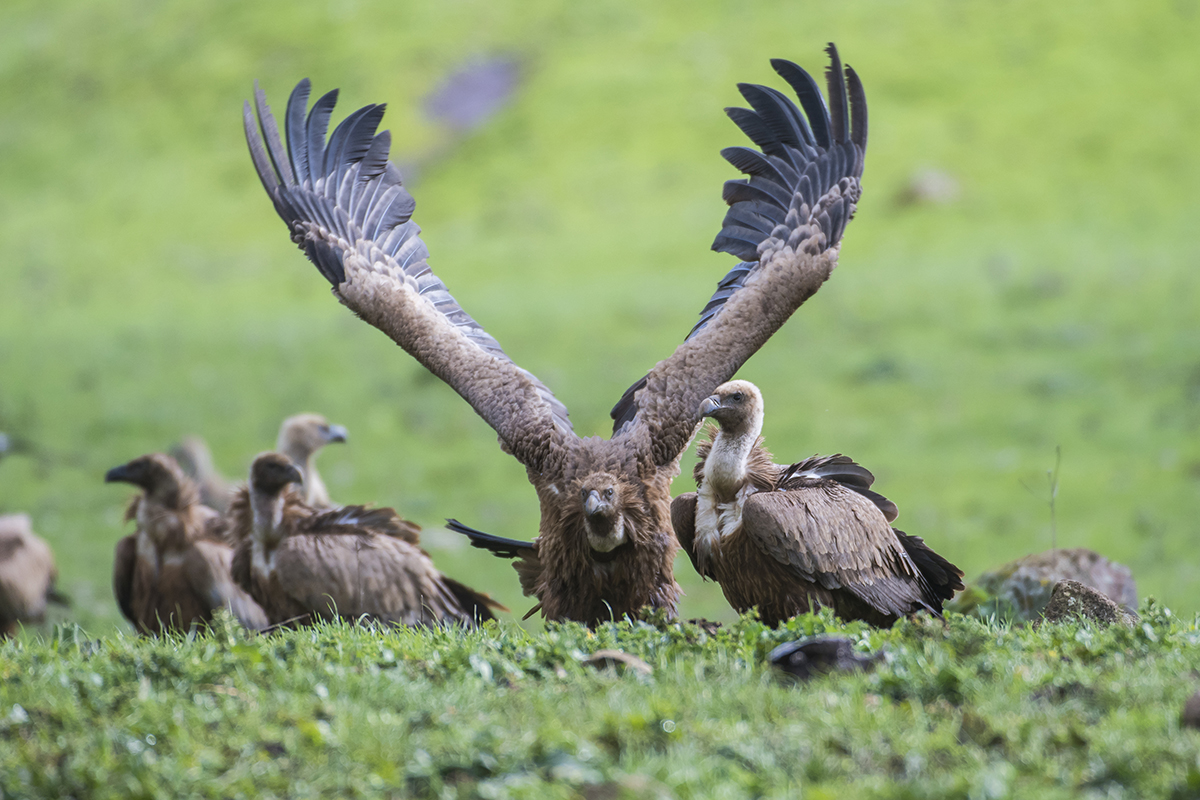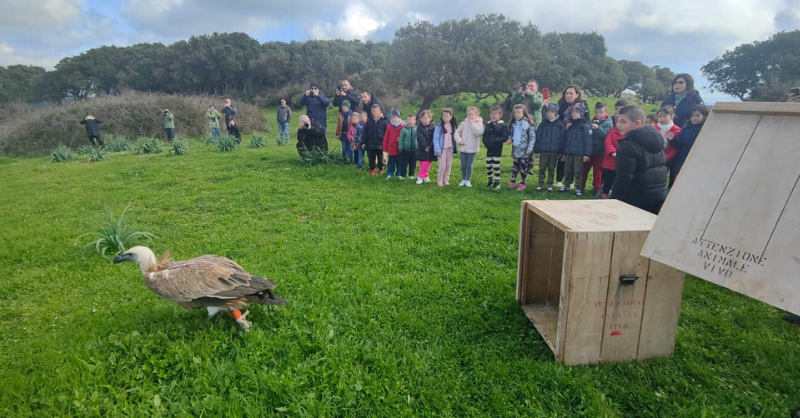
In Bosnia and Herzegovina, it is impossible to prove that an animal has been poisoned because there is no possibility of performing a toxicological analysis.
Until recently, there was no database of poisoned animals. A modest one, with the oldest data from 1991 when 30 Griffon Vultures were poisoned in Blagaj, was created by the Ornithological Society “Naše Ptice” within the Balkan Anti-Poisoning Project (BAPP), coordinated by the Vulture Conservation Foundation and funded by the MAVA Foundation.
Developing animal poisoning database from scratch
As there was almost no information about poisoning incidents available from the relevant authorities, the Naše Ptice team started preparing the poisoned animal database from scratch within the BAPP. The only official information they received was from the Federal Administration for Inspection Affairs about the poisoning of two Griffon Vultures in Blagaj in 2018. By collecting data from various news and encouraging the reporting of all poisoning cases, they managed to create a database of recorded cases of animal poisoning in Bosnia and Herzegovina.
According to the information from the database, the highest number of poisoning incidents relates to the poisonings of stray animals. A smaller number of wild animals such as storks, falcons and bears, were also recorded.
Unable to perform toxicology analyses on carcasses
In Bosnia and Herzegovina, there are no laboratories that perform toxicological analyses on wild animals, which is crucial to prove that an animal died from poisoning. There are laboratories accredited and certified to perform toxicological analyses in the country. Still, in practice, none perform them. Most recently, regarding the incident of the presumably poisoned bear, forensic necropsy conducted pointed out that there were signs of poisoning on the carcass, but that without the possibility to corroborate this suspicion with the toxicological analysis, this incident could not have been taken to trial.

Additionally, our colleagues from Naše Ptice received information from the relevant authorities that there is no possibility to send samples for toxicological analysis abroad. For now, they point out that this is one of the main problems in their further work.
Combating illegal wildlife poisoning
This problem was especially highlighted within the document ‘Guidelines for work on the strategy against animal poisoning in BiH’, which was developed by the National anti-poisoning working group, which was represented by several authorities, during the implementation of the BAPP project. After the document was finalized, they distributed to relevant ministries together with the letter with the initiative to start working on strategies against animal poisoning in BiH.
We hope that in the foreseen future, by working together, we will reduce the scope of this serious environmental problem and thus provide a safe environment for animals, but also humans. Any form of animal poisoning is illegal and a criminal offence.
Balkan Anti-Poisoning Project

The Balkan Anti-Poisoning Project is a cross-border initiative bringing together wildlife conservation organisations, governmental agencies and other stakeholder such as; hunting associations, farmers and scientists, in six Balkan countries to tackle illegal wildlife poisoning.
Funded by the Mava Foundation we aim to secure real and continued engagement of the relevant national governmental authorities in the Balkan region against illegal wildlife poisoning and increase their capacity to counteract it and working together to take positive steps to protect vultures.
The Balkan Anti-Poisoning Project is a partnership between us here at the Vulture Conservation Foundation and the Albanian Ornithological Society-AOS, Protection and Preservation of Natural Environment in Albania-PPNEA, Ornithological Society “Naše ptice”,Association BIOM, Hellenic Ornithological Society-HOS, Macedonian Ecological Society-MES and Društvo za zaštitu i proučavanje ptica Srbije.
The Balkan Anti-Poisoning Project also contributes directly into the implementation of the Vulture Multi-Species Action Plan by carrying out anti-poisoning actions in Albania, Bosnia and Herzegovina, Croatia, Greece, North Macedonia and Serbia, and is building on our work for the last decade in the Balkans through the Balkan Vulture Action Plan.




